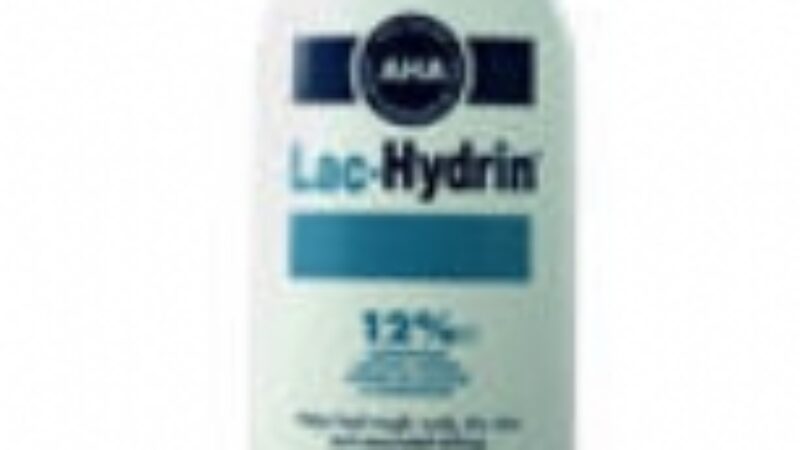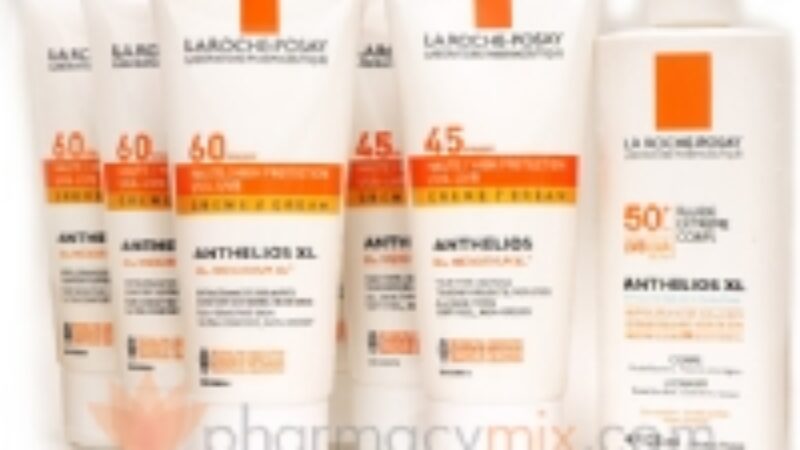The terms sunblock and sunscreen are often used interchangeably to refer to topical skin care products that protect the skin against UV rays. Do they mean the same thing?
Though many of us are familiar with the term sunblock, the word is falling out of favor because it can be misleading. Sunblock is often used to describe sun protecting formulations composed of zinc oxide and/or titanium dioxide, two inert chemicals that work by sitting on top of the skin’s surface to block UV rays. When we think of a sunblock, we often assume that they block 100% of the sun’s UV rays. However, no product is capable of offering 100% protection from UV rays so some will still be hitting skin.
A sunscreen, on the other hand, is often meant to describe products that contain chemical sun filtering agents such as Mexoryl SX or Mexoryl XL. They work by absorbing UV rays and rendering them harmless. Like zinc oxide and titanium dioxide, chemical sun filters are not capable of blocking 100% of UV rays.
Since no topical product is capable of offering 100% protection against UV rays, the term sunblock is not only misleading, but potentially dangerous. As a guideline, look at a product’s Sun Protection Factor rating (SPF). In general an SPF of 15 blocks around 94% of UVB rays; SPF 30 delivers 97% protection and SPF 60 around 99%. SPF is not an indication of UVA protection so look for ingredients including zinc oxide, Mexoryl SX, Tinosorb M and Tinosorb S and stabilized avobenzone to ensure that your sun protection formula is delivering both UVA and UVB protection.
And whether you choose to protect yourself with sunblock or sunscreen, keep in mind that these products are only one part of helping to protect you and your family in the sun:
- Avoid sun exposure during peak hours between 10am and 4 pm
- Seek shade and cover up where possible
- Use sunglasses to protect eyes
- Use a UVA/UVB blocking sunscreen with a minimum of SPF 15 daily year round to prevent against sunburns and long term skin damage such as age spots, loss of skin elasticity and some types of skin cancers.
View our full range of sunscreens here.




